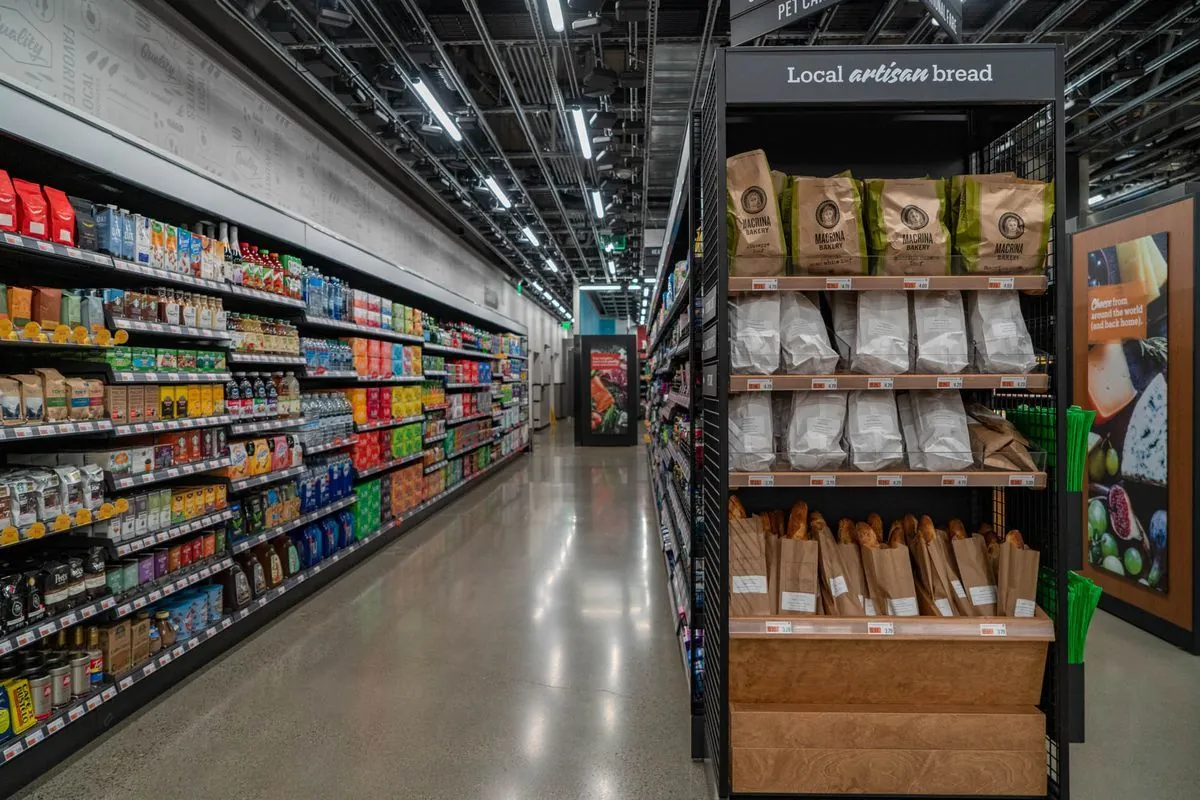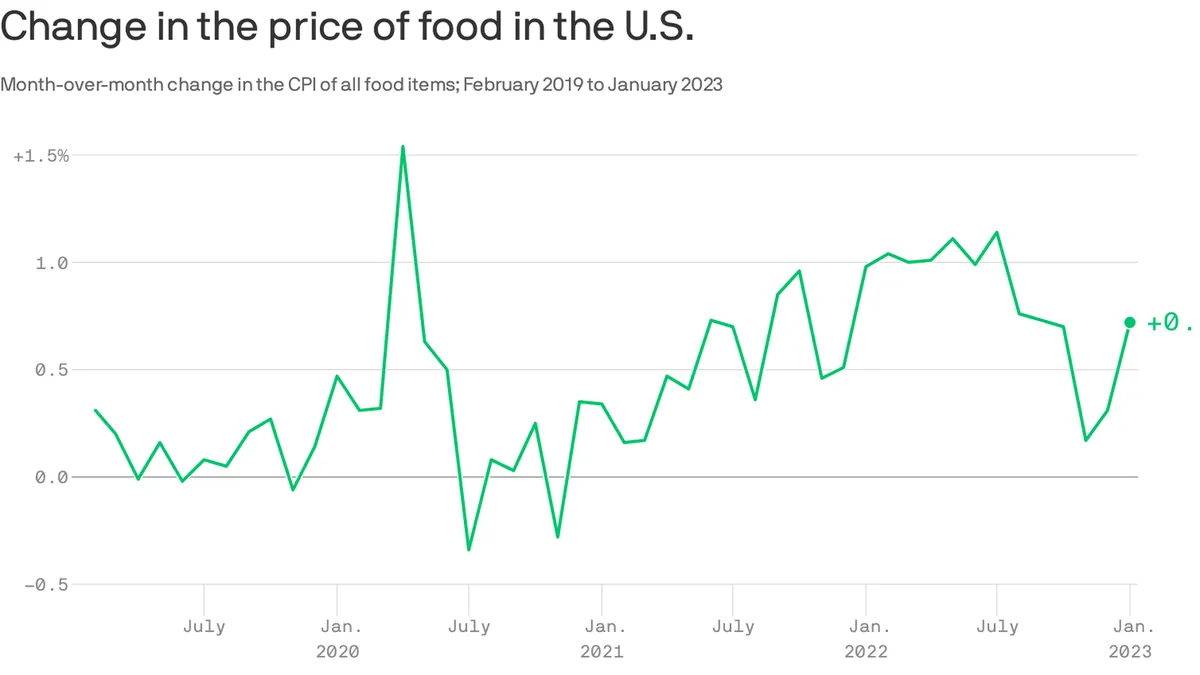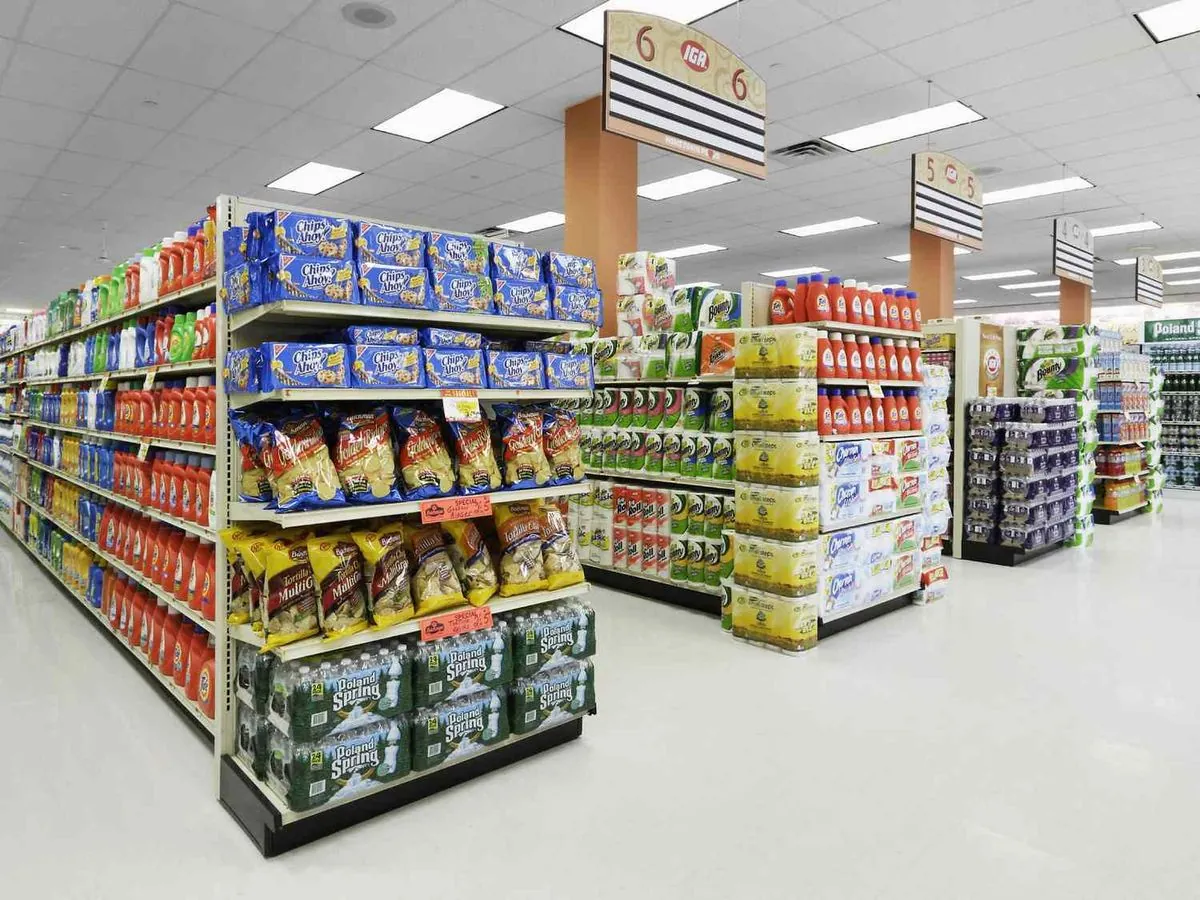Democrats Accept Food Industry Donations Amid Price Criticism
Democratic lawmakers increasingly accept donations from food companies they criticize for high prices. The trend raises questions about political integrity as food costs remain a top voter concern.

In a notable shift, Democratic lawmakers are increasingly accepting political contributions from major food companies, despite their public criticism of these same corporations for driving up consumer prices. This trend has emerged during the current congressional election cycle, spanning from 2023 to 2024.
The focus on food prices is particularly relevant, given that they have surged by 25% between 2019 and 2023. This increase has significantly impacted voters, with the economy remaining their primary concern. Interestingly, polls indicate that voters have more confidence in Republicans to manage economic issues.

The proposed $24.6 billion merger between Kroger, the largest U.S. grocery chain by revenue, and Albertsons has intensified scrutiny on the food industry. The Federal Trade Commission (FTC), an independent agency of the U.S. government, has challenged this merger, arguing it would negatively affect consumers and workers. The trial for this case began on August 28, 2023, in an Oregon federal court.
Campaign finance data reveals that at least 154 Democratic lawmakers or their fundraising organizations have accepted contributions from top food companies during the current election cycle. Notably, 51 congressional Democrats - approximately one in five - have done so while publicly criticizing corporate greed in the food industry.
"Bob Casey is an independent fighter who will always stand up for working people against corporate greed and companies ripping off Pennsylvanians."
Some of the most vulnerable Democratic senators, including Sherrod Brown of Ohio, Bob Casey of Pennsylvania, and Tammy Baldwin of Wisconsin, have both criticized food companies' tactics and accepted their donations. For instance, Senator Casey has accused Mondelez International of contributing to "greedflation" by reducing the size of products like Wheat Thins and Oreos while maintaining prices.
The political action committees (PACs) of Kroger and Albertsons have significantly increased their contributions compared to the previous election cycle. Walmart, another major player in the grocery industry, has made even larger donations to Democrats this election cycle.
It's worth noting that 68 current members of Congress have pledged not to accept corporate PAC money, an increase from 59 two years ago. Critics argue that accepting such donations may come with implicit expectations of favorable treatment.
The United Food and Commercial Workers International Union, which represents workers at both Kroger and Albertsons, opposes the proposed merger between the two companies. This stance adds another layer of complexity to the issue, as some lawmakers, like Senator Brown, support the merger due to the companies' unionized workforce.
As food prices continue to be a significant concern for voters, the relationship between Democratic lawmakers and the food industry remains under scrutiny. The balance between accepting campaign contributions and maintaining a critical stance on corporate practices presents an ongoing challenge for politicians as they navigate the complex landscape of food policy and economic issues.



































